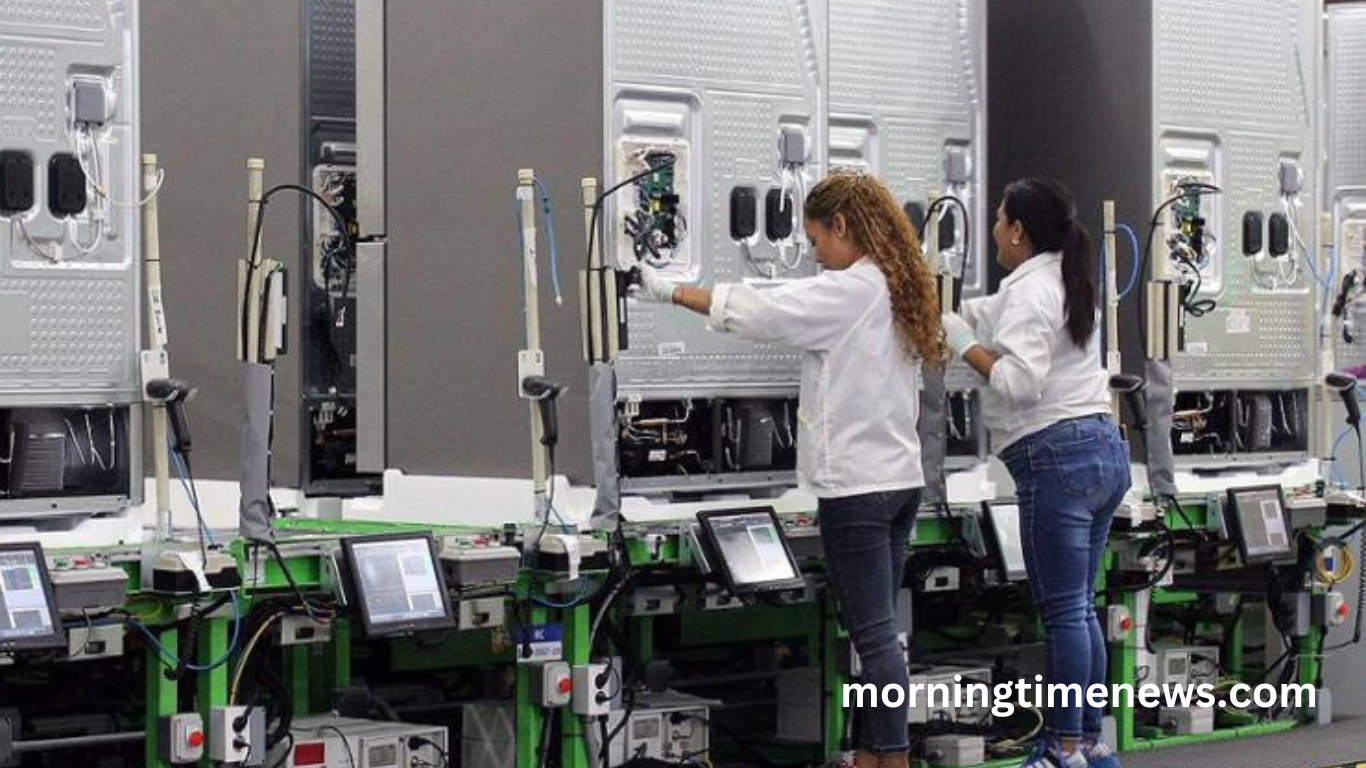France’s manufacturing sector finds itself at a crossroads. On one hand, hopes are rising for a boost from increased defense spending. On the other, the industry remains under pressure from trade tariffs that continue to cast a shadow over key exports. As global markets shift, French factories must navigate a complex landscape where opportunity and challenge go hand in hand.
The Lingering Impact of Tariffs
Trade tariffs, especially those imposed by the U.S. and other major markets, have hit French manufacturers hard. Industries such as aerospace, automotive, and luxury goods have felt the squeeze, with higher costs limiting competitiveness. While some companies have adapted by diversifying supply chains or shifting production, the uncertainty surrounding global trade policies keeps businesses on edge.
Hopes for a Defense Sector Revival
Amid these challenges, France’s defense industry is emerging as a beacon of hope. With growing geopolitical tensions and increased military budgets across Europe, French defense manufacturers are seeing a surge in demand. The government’s commitment to strengthening national security has led to new contracts, investment in production facilities, and the promise of job creation.
Balancing Global Trade Uncertainty
Despite optimism in the defense sector, French factories cannot ignore the volatility of international trade. Ongoing negotiations between the European Union and key trading partners could determine whether tariffs remain a long-term burden. A resolution could ease pressure on industries reliant on exports, but for now, businesses must stay flexible and strategic in their planning.
Read More : Federal Reserve Posted Loss of $77.6 Billion in 2024
Can Domestic Demand Offset Global Pressures?
Many manufacturers are looking inward to cushion the blow from tariffs. The French government has encouraged domestic production through incentives and support for key industries. While this provides a safety net, it may not be enough to fully compensate for losses in international markets. The challenge remains: how to sustain growth while trade barriers persist.
The Road Ahead for French Manufacturing
Looking ahead, French factories must strike a delicate balance. Expanding defense production offers a promising path, but broader economic resilience depends on navigating trade uncertainties. If tariff tensions ease, industries could regain lost ground. Until then, manufacturers will need to stay adaptable, innovate, and seize opportunities where they arise.
Frequently Asked Questions
Why are French factories facing tariff challenges?
French manufacturers are struggling with tariffs imposed by key trading partners, making exports more expensive and reducing competitiveness in global markets.
Which industries are most affected by the tariffs?
Industries like aerospace, automotive, and luxury goods have been hit hardest, as they rely heavily on exports to countries imposing these trade barriers.
Is there any hope for French manufacturing despite the tariffs?
Yes, the defense sector is seeing strong growth due to increased military spending, providing new opportunities for French factories.
How is the French government supporting manufacturers?
The government is offering incentives, investment in defense contracts, and policies aimed at strengthening domestic production to offset export challenges.
Can defense spending fully compensate for the impact of tariffs?
While defense growth is promising, it may not completely offset the losses from tariffs, as other key industries still rely on international trade.
Are there ongoing trade negotiations to remove these tariffs?
Yes, the European Union is in discussions with major trading partners, but a resolution remains uncertain, leaving manufacturers in a state of limbo.
How are French factories adapting to these challenges?
Many are diversifying supply chains, shifting production, and focusing on domestic demand to reduce reliance on tariff-affected exports.
What does the future look like for French manufacturing?
The sector must balance growth in defense with ongoing trade uncertainties. If tariff issues are resolved, industries could see a significant rebound.
Conclusion
French factories face a challenging yet hopeful future. While trade tariffs continue to strain key industries, the rising demand for defense production offers a promising opportunity. The government’s support and ongoing trade negotiations could determine the sector’s long-term stability. Manufacturers must stay adaptable, leveraging domestic demand while navigating global uncertainties. If trade tensions ease, French industry could see a strong recovery and renewed growth.

